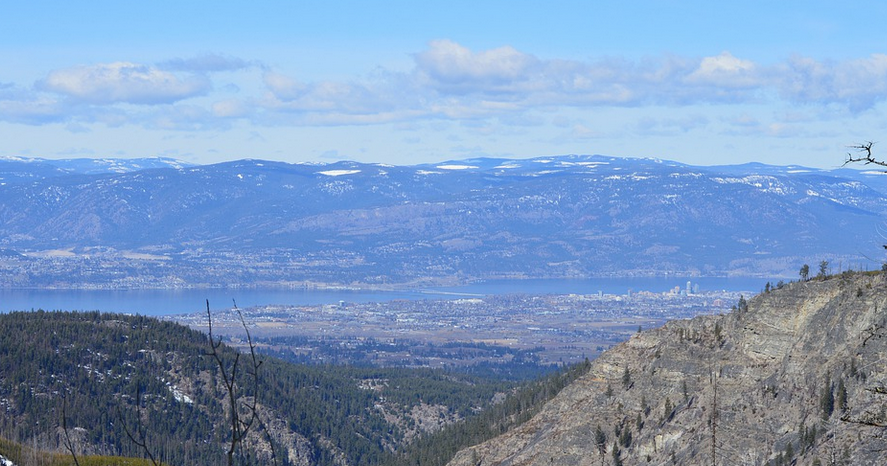Despite many initiatives to fight climate change, the City of Kelowna experienced a 3.8-per-cent increase in greenhouse gas emissions from 2007 to 2018, says a comprehensive review going to city council on Monday.
“In many cases, the city has demonstrated leadership…in addressing the climate crisis and protecting our natural areas,” says the 87-page analysis by Chris Ray, the city’s champion of the environment. “Despite this, there are gaps from where the city wants to go and where it is at.”
The 3.8-per-cent increase came despite steady progress on implementing the 2018 community climate action plan, he said.
“While this can partially be credited to rapid community growth, GHG emissions are not decreasing at the level needed to reach climate mitigation targets. Moreover, as local governments take a more active role in climate adaptation efforts, the city needs to establish foundational strategies that will define its approach moving forward.”
Of note, city council supported the hiring of a champion of the environment position for two years starting in 2021 to lead a comprehensive review of the city’s climate action and environmental stewardship-related policies, programs, actions, resource and systems.
Ray was also directed to provide a series of recommendations for improvements.
The result is his framework and recommendations report, presented in draft form on last year with minor changes then made based on staff and stakeholder feedback.
A key objective is for the city to not only reduce its greenhouse gas emissions in the city fleet and facilities as an example to the community but to act as “an active and trusted resource for climate action for others in the community.”
To lower GHG emissions, the city must promote sustainable transportation through effective land-use and alternative transportation modes, support the shift to ZEVs (zero-emission vehicles), decarbonize its buildings and shift to renewable energy sources, says Ray.
As well, “the community must be prepared for and be resilient to local climate impacts that are increasing in frequency and magnitude, such as droughts, flooding, wildfires, extreme heat and invasive species.”
The report also calls for protection of Kelowna’s natural assets—Okanagan Lake and other water resources, forests,mountains and local biodiversity—”that are invaluable from an environmental, social and economic perspective.”
The city must transition from a “take-make-waste”linear system to a circular economy, he said, “by shifting to a sustainable local food system, reducing the embodied carbon of the built environment, reducing waste and diverting it from the landfill , recovering resources from waste, and moving to a sharing economy.”
It recommends a series of priorities for the 2023 budget including: purchase light-duty electric vehicles; develop ‘green’ standards for city facilities; development of a resident’s guide to climate action; continue to invest in transit service and active transportation infrastructure; support the shift to EVs through a vast charging network; design a home retrofit program with a home energy coordinator; complete a community climate vulnerability and risk assessment; and complete a construction and demolition debris reuse and recycling feasibility study.
“Climate change is an unprecedented problem due to its widespread impact and inherent complexity. Adequately addressing it, therefore, does not require incremental change, but transformational change,” said Ray.
“This means taking a broader, more systemic look at the city’s approach to climate action and environmental stewardship, and considering the implementation of fundamentally-different approaches. The proposed framework and recommendations serve as a starting point to the transformational change that is needed.”









